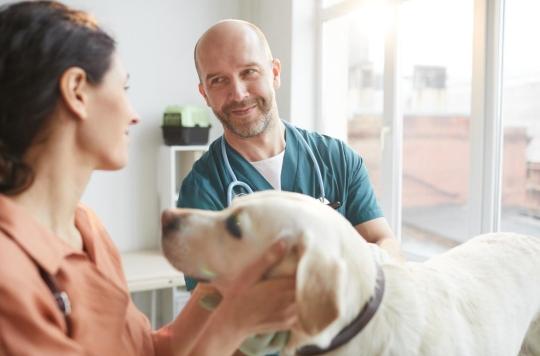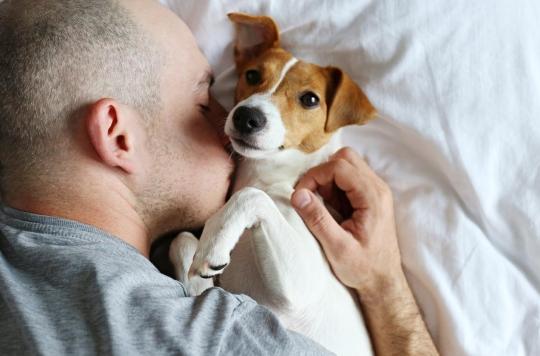The medical profession is now aware of the importance of a pet in the life of some of their patients. Experiences multiply and the rules change.

The need for pets is very important in the elderly, because before being present near the armchair and the bed, it is especially an excellent way to impose the few minutes of daily walk which we know that they are fundamental to delay the loss of autonomy.
For psychiatrists, in the event of mental handicap, nothing equals the patience of the animal to avoid the withdrawal into oneself, the lack of understanding of the world of others. For example, some children who have difficulty articulating a few words find a motivation to learn the simple commands that life with a dog requires. Without trivializing the disease, the presence of an animal at their side spontaneously attracts a sympathy which helps a little – there is nothing miraculous – but a little all the same, the exchange with the others.
Which animal ?
Man’s best friend is the dog. It is able to memorize more than 50 simple orders. He is a real medical assistant. There are unfortunately only a few hundred in France while the physically disabled who could benefit from it are several tens of thousands …
The story of Thérèse and Coockie
Thérèse is a woman who suffers from a very common disease, insulin-dependent diabetes which requires injections of insulin several times a day.
Coockie is an animal. Who belongs to the breed that walks on all fours, it is a small English cocker spaniel. Until then, nothing very original… Except that Thérèse’s diabetes is very hard to balance and that she constantly experiences hypoglycemia, those horrible discomforts which give the impression of fainting and usually end with loss of consciousness if you do not intervene early enough. But with Thérèse, these discomforts occur most often at night, during her sleep. She was therefore obliged to wake up every hour to check that her blood sugar did not drop too much. This is where Coockie comes in, who is not ill to him… It is much more than a simple pooch: he has been trained to detect these famous drops in blood sugar. So Coockie comes twice a night, sniffing out his mistress and waking her up if he detects hypoglycemia smells. And today, Thérèse can finally spend quite decent nights.
Hospitals and retirement homes … the door opens
This is a problem that general practitioners are well aware of. It is indeed not uncommon for a brave grandmother to persist in her desire to stay at home, when her state of health would require her to join a specialized institution, quite simply because next to her bed, there is his cat or his dog.
The separation from your pet is unbearable, we can not always consider allowing them in retirement homes, even if more than half now accept pets. But, some hospitals too, especially in long-stay wards. For people with Alzheimer’s disease or children with autism, being able to communicate with an animal may be part of the therapy.
Many institutions are thinking about this problem. Some are even taking the plunge, even if for reasons of hygiene, the staff are often resolutely against… An idea in fact quite simple, to use animals to make the hospital more human.
Not always obvious
If the pet has always raised many hopes, there have also been many disappointments.
Birds, horses, fish against stress, monkeys for the paralyzed, dolphins for the autistic, everything has been tried, at the risk of seeing long-stay hospitals or psychiatric institutes turn into menagerie, but without much success.
.















